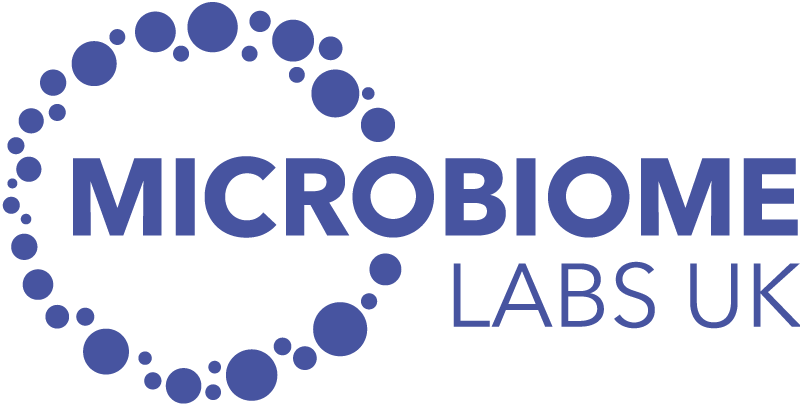Mega Prebiotic and Dairy/Corn Allergies
One
Two
December 6, 2023Question: My patient has an allergy to milk/dairy and corn – so can they use MegaPreBiotic?
Answer:
The www.MicrobiomeLabs.co.uk web site and the MegaPreBiotic™ label state:
MegaPreBiotic™ contains a proprietary blend of functional fibers that specifically feed these keystone bacteria. This unique blend is made up of clinically-tested-and-published, non-digestible oligosaccharides, derived from non-GMO green and gold kiwi fruit, non-GMO corn cob, and rBST-free cow’s milk
Additional comments from Aicacai Young, Director of Scientific Affairs for Microbiome Labs:
The prebiotic doesn’t actually contain dairy or corn, which is why it doesn’t indicate this more clearly on the label. It contains oligosaccharides derived from lactose (which comes from milk) and corn cobs (which no one eats). A dairy allergy is reacting to the proteins in dairy (whey, casein, beta-lactoglobulin), not to the carbohydrates found in these foods. This product is strictly made from carbohydrates from various sources. The supplier of the galacto-oligosaccharide (GOS) has found that the GOS derived from lactose actually improves the body’s ability to digest lactose, therefore improving lactose intolerance (which is not a sensitivity or an allergy- it’s a lack of enzymes).
For further info see this study – https://www.ncbi.nlm.nih.gov/pmc/articles/PMC3878758/
The xylo-oligosaccharide (XOS) ingredient from the corn cob is a carbohydrate and not the proteins found in corn. We generally tell people to err on the safe side and avoid it if they have a true food allergy to corn, but if it’s just a sensitivity to corn, it should be okay.
If in any doubt about any of the ingredients used in Microbiome Labs products, please contact us.

